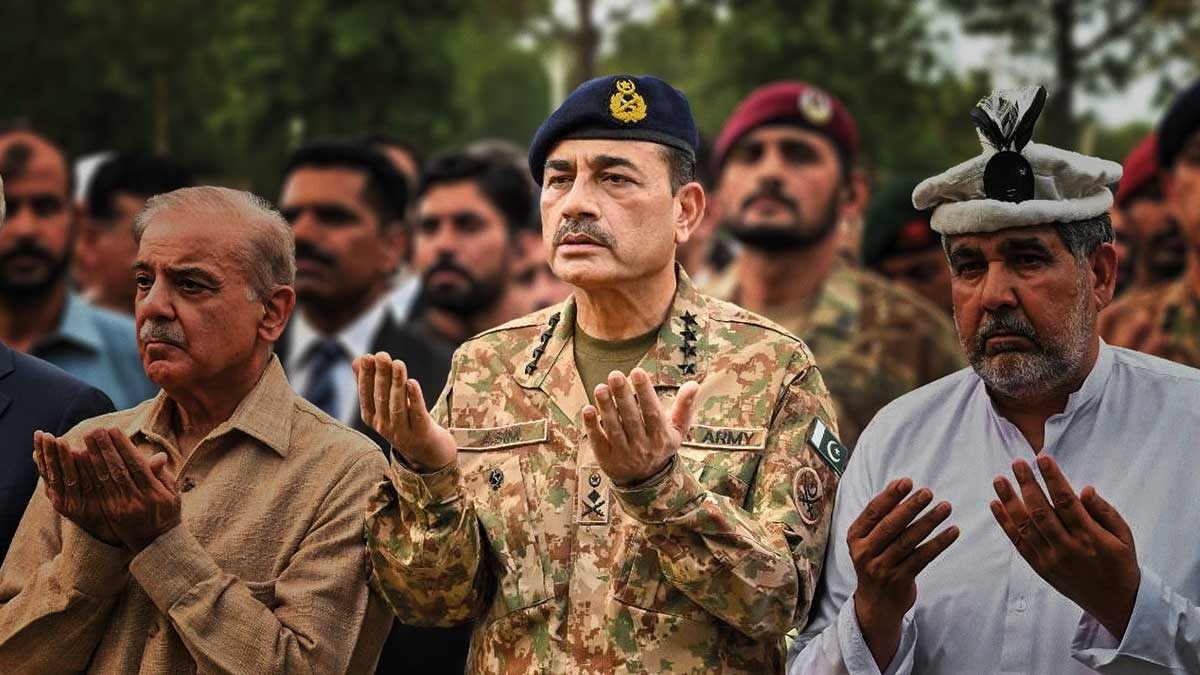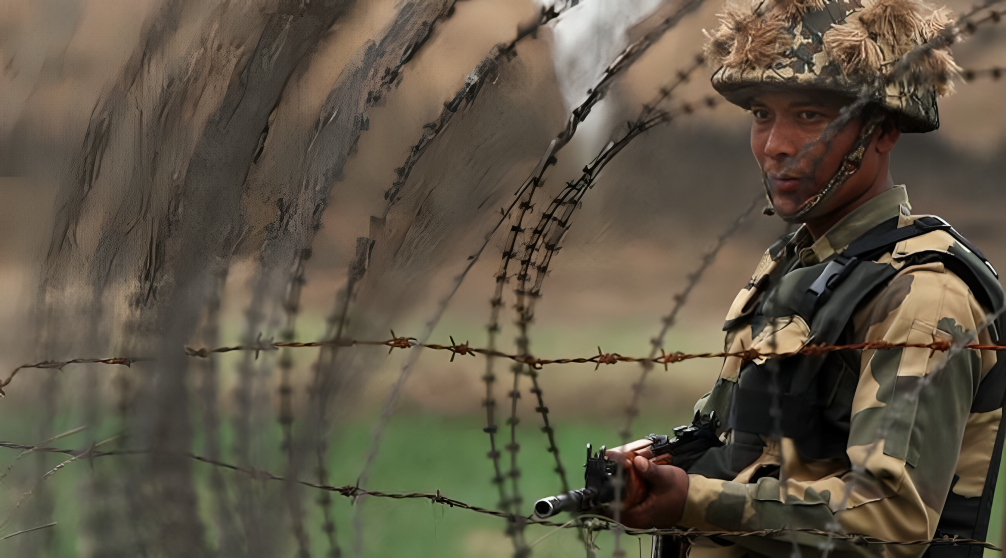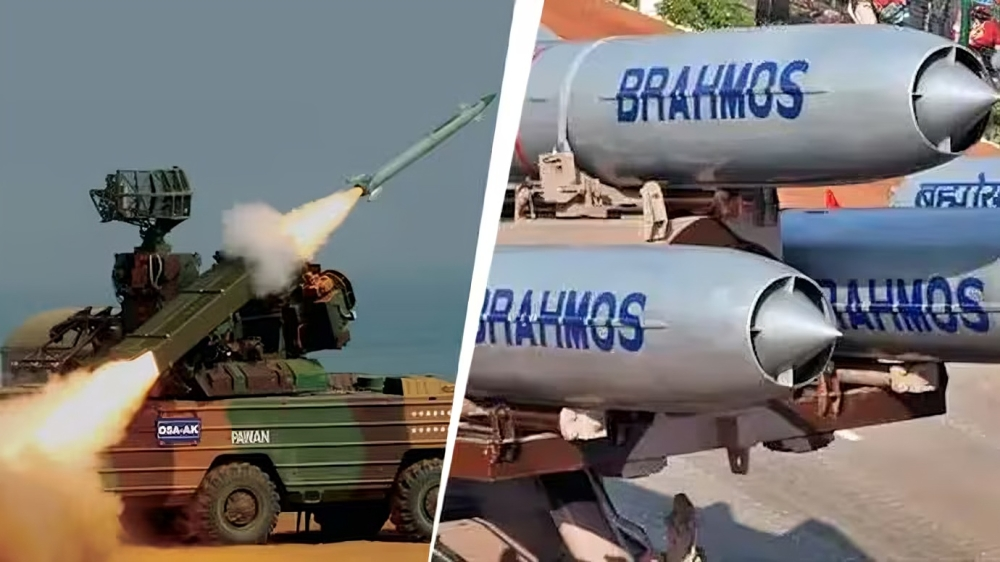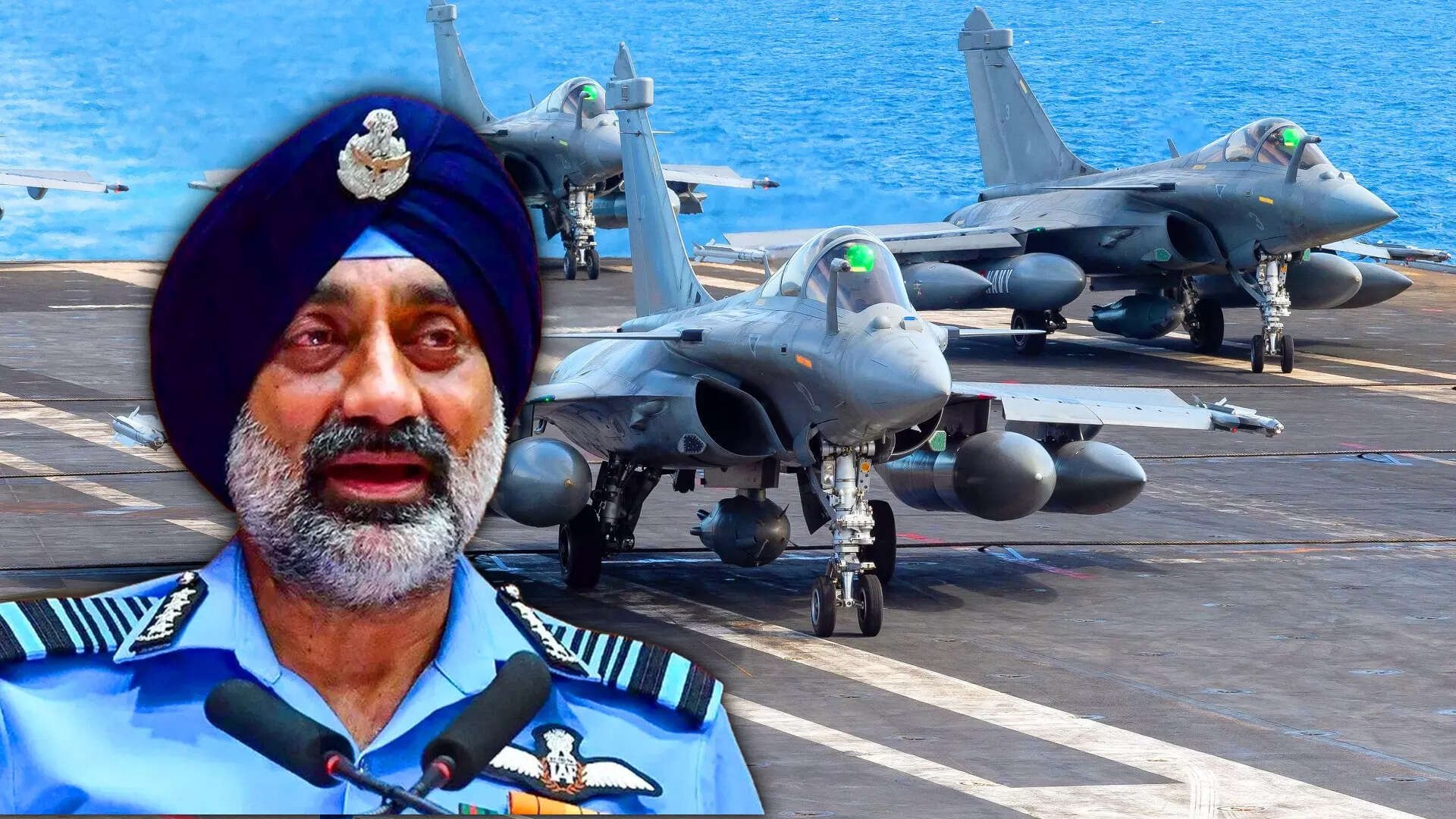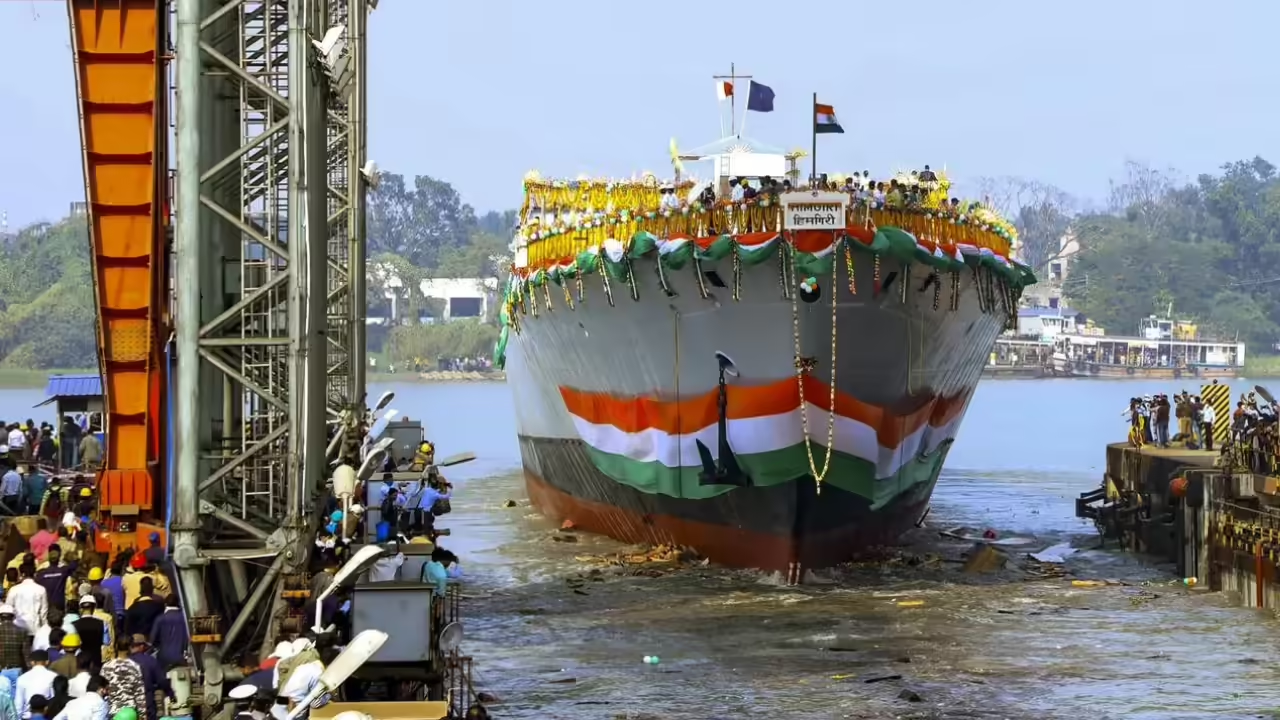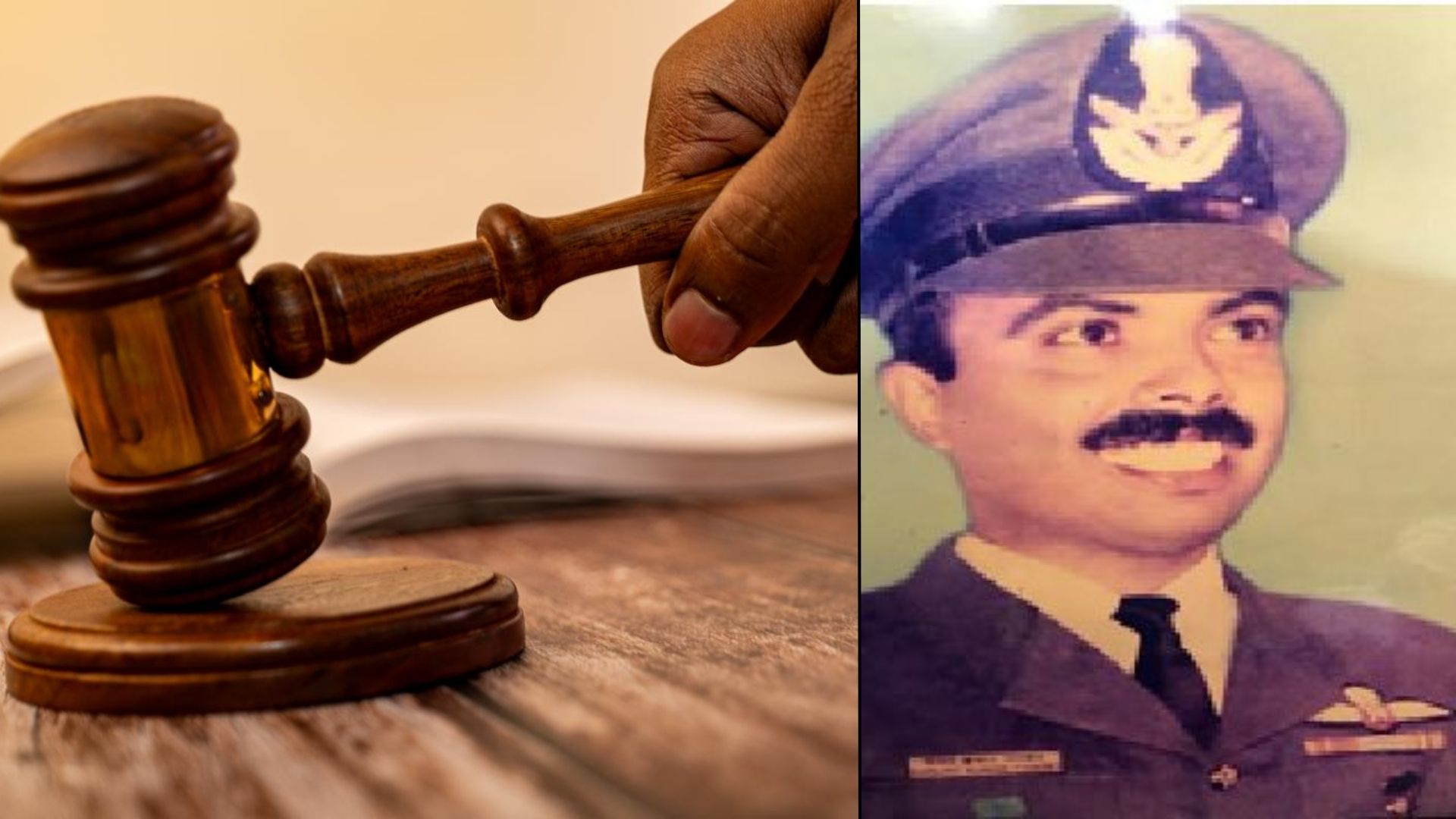India Slams Pakistan Army Chief’s ‘Nuclear Sabre-Rattling’ During U.S. Visit
India has issued a strong condemnation of remarks reportedly made by Pakistan’s Chief of Army Staff during a visit to…
BSF Launches ‘Operation Alert’ Along Pakistan Border
The Border Security Force (BSF) today began its week-long “Operation Alert” along the western border with Pakistan, stepping up surveillance…
BrahMos Leads Offence, Akashteer Shields Defence in Operation Sindoor: DRDO Chief
Operation Sindoor, launched on May 7, 2025, as a direct response to the April 22 terror attack in Pahalgam that…
After Operation Sindoor, Air Force Pushes for More Rafales to Counter Fighter Squadron Shortfall
The Indian Air Force is pushing for a government-to-government deal with France to acquire additional Rafale fighter jets under its…
Indian Navy to Commission Two Advanced Stealth Frigates Udaygiri and Himgiri on August 26
The Indian Navy will commission two frontline stealth frigates, INS Udaygiri (F35) and INS Himgiri (F34), on August 26 in…
Widow of Air Force Officer Wins Battle Casualty Pension After 26-Year Fight
In a landmark judgment, the Armed Forces Tribunal (AFT) Chandigarh has ordered the central government to grant Liberalised Family Pension…

